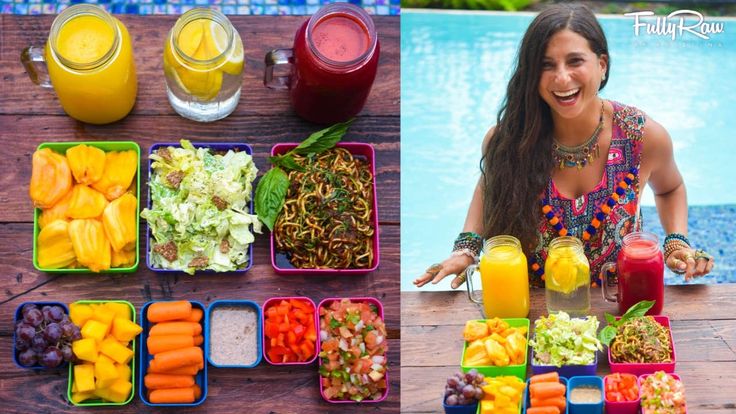
Are you a vegan? Eliminating animal flesh or other such foods from your plate indeed is a big choice! Changing lifetime eating behaviour and being a vegan is a challenge. A vegan diet includes food products sourced from plants and the major concern for vegans is lacking some essential nutrients that are abundant in animal products. A well planned vegan diet can fulfil the requirements of vital nutrients in leading a healthy life.
Turn your vegan diet balanced and nutritious
Being a vegan means more than just saying no to meat.
Vegans must carefully add vegan food products that are nutritious and turn their diet balanced.
Planning the vegan diet is essential as certain nutrients found in animal products are not adequate in other vegan foods.
Proper planning of a vegan diet helps to prevent malnutrition, and you can enjoy a healthy lifestyle.
The additional benefits of vegan diets which include controlling blood pressure, lowering saturated fats, lowering cholesterol level, lowering risks of heart diseases, and certain cancers.
Animal products are rich sources of protein and vegans might lack sufficient protein.
Protein promotes muscle strength and weight loss.
Apart from protein, you need to concentrate on getting enough calcium, iron, Vitamin D & B 12 and Omega- Fatty Acids.
There are certain foods sourced from plants rich in protein as well as other essential nutrients.

Vegan foods rich in essential nutrients you must know
- Protein is essential for muscle growth, and everybody part requires this nutrient. It also is responsible for keeping bones and skin healthy. Vegan food source of the protein includes peanut butter, nuts, seeds, legumes and certain other seeds. Vegans must consider adding foods in their diet to get a complete protein. Protein also helps to boost up metabolism
- Iron is the essential nutrient that boosts production of red blood cells. RBC also carries oxygen throughout the body. The vegan foods rich in iron are raisins, beans, wheat, tofu, broccoli, etc.
- Calcium is responsible for strengthening bones and also prevents osteoporosis. Dairy products are a good source of calcium for vegans. If you have less interest in dairy products, you can add almonds, soybeans, and dark leafy green vegetables like collard greens, kale, and bok choy.
- Vitamin D promotes bone growth and development by absorbing calcium. Sun exposure is the natural source of Vitamin D. Cow’s milk as well as other fortified products also boosts up Vitamin D.
- Vitamin B12 helps in the production of RBC and also prevents anemia. Dairy products, soymilk, certain types of cereals are good sources of Vitamin B12.
- Omega-3 Fatty Acids is responsible for a healthy heart and also promotes brain function. Fish contain rich amount of Omega-3 Fatty Acid, but for vegans, Flaxseed meal and oil are good sources of Omega-3 Fatty Acid.
- Zinc is a vital nutrient for a body that improves the immune system. Beans, nuts, cheese and soy products are rich in Zinc.
Add vegan foods replacing non-vegan foods
Unwittingly, you may skip few of the essential nutrients required by the body. Everyone thinks a balanced diet must include non-vegan foods to fulfill the requirements of nutrients and avoiding non-vegan foods a person might not lead a healthy life. Several vegan foods fulfill the requirements of the specific nutrients that get sourced in a maximum amount from non-vegan foods.
Consult a dietician
Consult a dietician or doctor before you add the specific vegan foods to get the essential nutrients. Vegan foods can help you to lead a healthy life. Performing certain medical tests can be helpful to find out the required nutrients for your body. Eating high-quality foods after consultation with doctors can help you to maintain good health!
